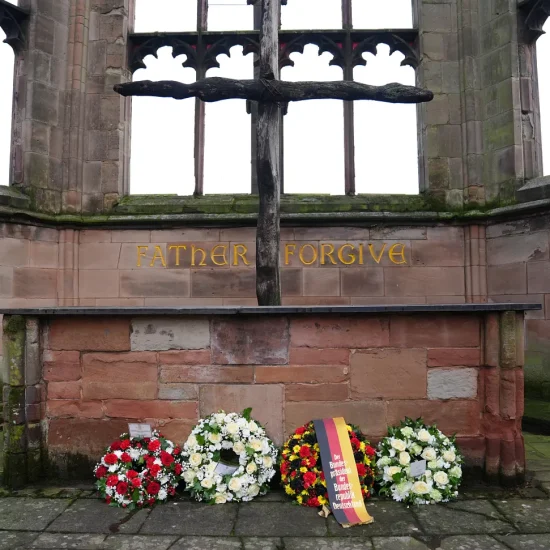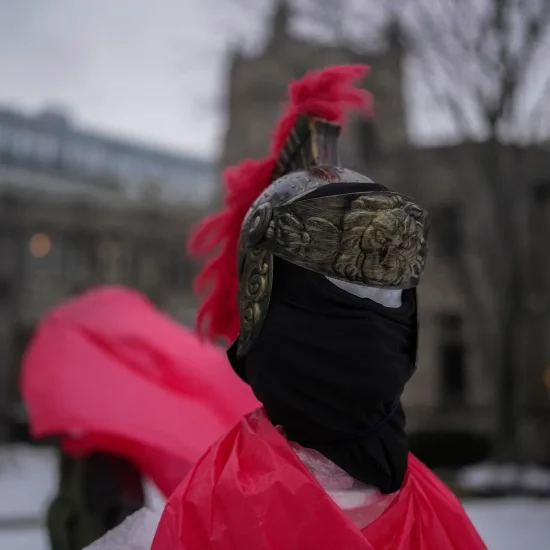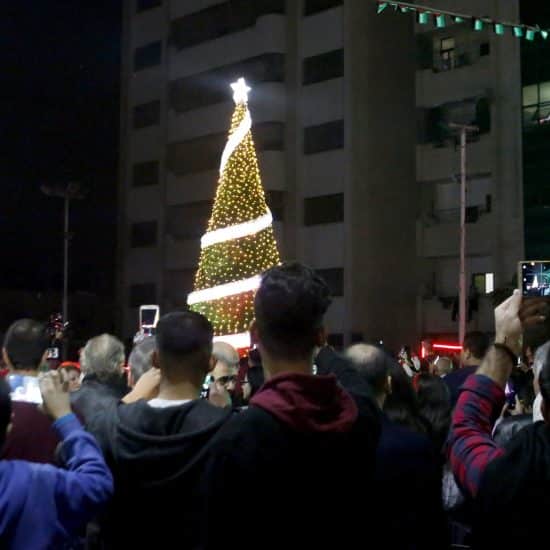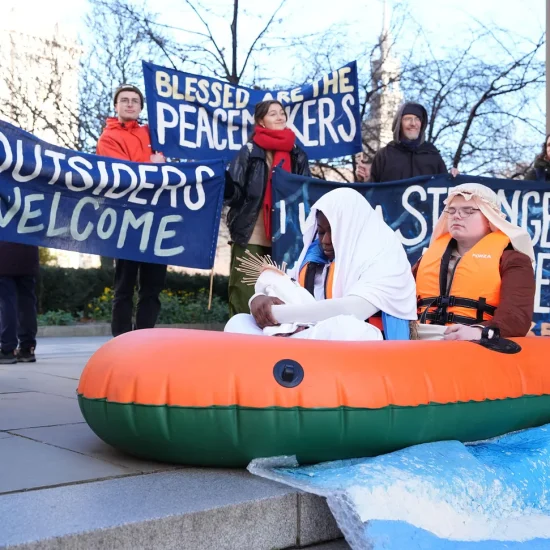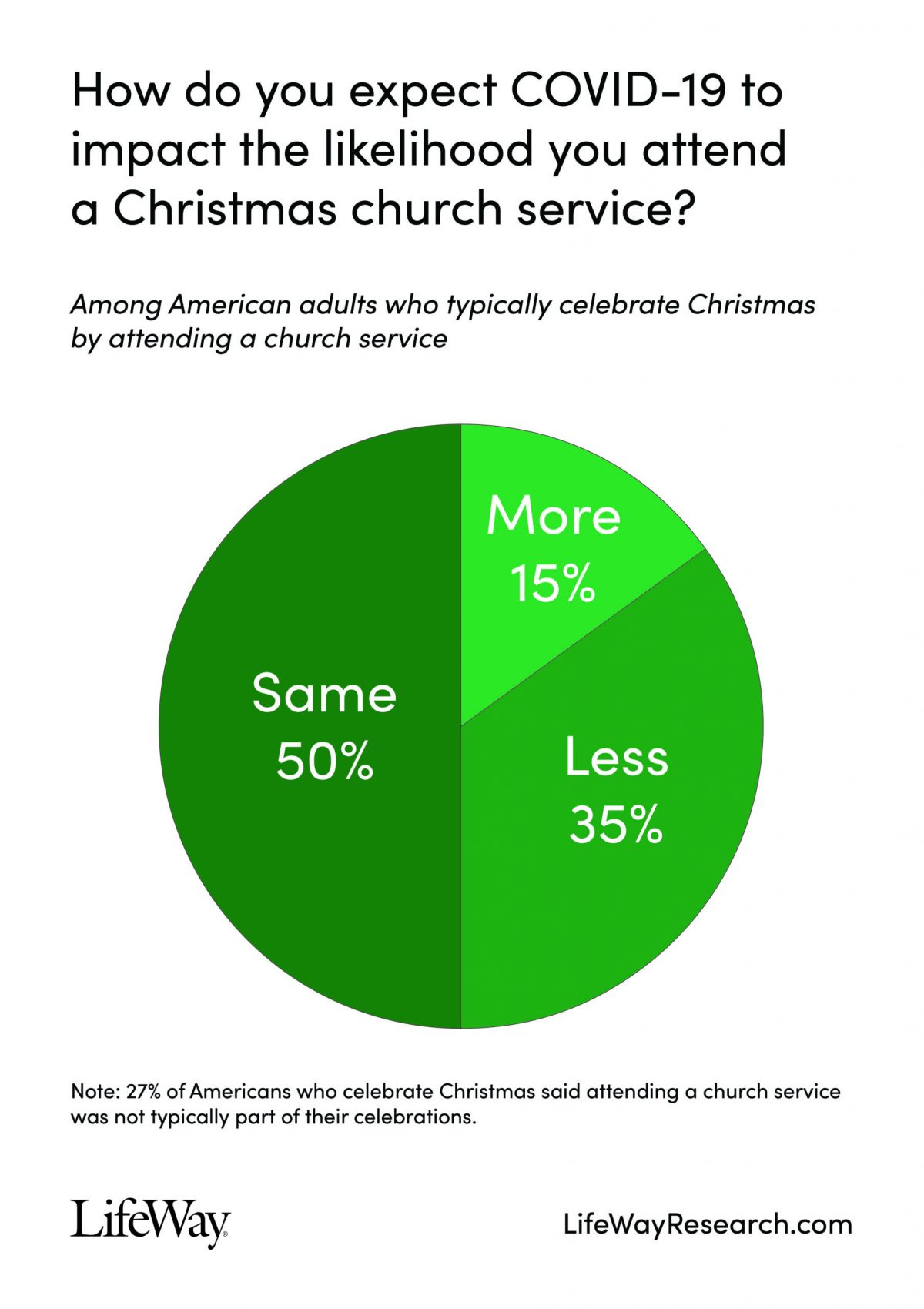
NASHVILLE (LifeWay Research) – Almost all Americans celebrate Christmas, but most say COVID-19 will cause some changes to their usual holiday habits.
A new study from Nashville-based LifeWay Research found 93% of American adults say they celebrate Christmas. That number is essentially unchanged from a decade ago when 91 percent said the same in a 2010 LifeWay Research survey. While Catholics (98%) and Protestants (95%) are more likely to honor Christmas, even religiously unaffiliated Americans (88%) and those of other religions (81%) say they celebrate on Dec. 25.
“Christmas has significant religious meaning to Christians as it celebrates the birth of Jesus who opens the means of a relationship with God for believers,” said Scott McConnell, executive director of LifeWay Research. “But those outside the faith don’t ‘become Christians’ for the day when they enjoy many of the cultural traditions attached to Christmas.”
Women are slightly more likely than men to avoid being a Grinch this year and celebrate the holiday (94% to 91%). Americans aged 65 and older are the least likely to say they are in the Christmas spirit this year (87%). Regionally, those in the Midwest (95%) and West (95%) are more likely than those in the South (90%) to say they celebrate Christmas.
A COVID-19 Christmas
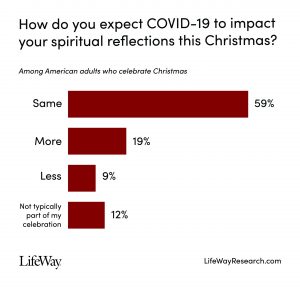 Despite widespread Christmas celebrations, the pandemic is changing the way people celebrate the holidays. Two in 3 (65%) Americans noted at least one change they plan to make this year due to COVID-19.
Despite widespread Christmas celebrations, the pandemic is changing the way people celebrate the holidays. Two in 3 (65%) Americans noted at least one change they plan to make this year due to COVID-19.
“Some Americans are reacting to the effects of COVID-19 by doubling down with plans to celebrate more,” said McConnell. “Other Americans will scale back their traditions likely due to safety, finances, or their state of mind.”
With health and safety recommendations limiting contact with others in effect across much of the country, 35% of Americans say they expect to spend less time visiting with family at Christmas this year. Around half (47%) say their plans remain the same, while 13% plan to visit family more due to COVID. Few (5%) say such family visits aren’t typically part of their Christmas celebrations.
Those more likely to be in high-risk health categories are also more likely to say they’ll be spending less time visiting their family. Americans aged 50 to 64 (43%) and those 65 and older (38%) are more likely to avoid such visits than young adults aged 18 to 34 (28%).
Possibly due to the reduction in travel or the economic downturn caused by the pandemic, 1 in 5 Americans (20%) say they expect less gift giving this Christmas. Two-thirds (67%) say it will stay the same, 9% say they’ll give more gifts this year and 4% say they don’t usually give gifts for Christmas.
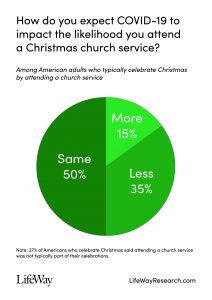
In addition to the cultural Christmas traditions, many say COVID-19 will have an impact on their spiritual holiday observance in 2020.
A quarter of Americans (25%) say the pandemic makes them less likely to attend a Christmas church service this year. Around 1 in 10 (11%) say COVID-19 makes them more likely, 37% say the same as usual, and 27% say their Christmas celebrations usually don’t involve churchgoing. Young adults, those aged 18 to 34, are the most likely to say COVID-19 has made them more likely to attend a Christmas church service (15%).
Among American adults who typically go to church during Christmas, 50% say they are as likely to go as any other year, 15% say they are more likely to attend, and 35% of typical Christmas churchgoers are less likely to go this year.
While churches may be less crowded this Christmas, Americans may be more reflective on the spiritual significance of the holiday.
Around 3 in 5 adults (59%) say their spiritual reflections this year will stay the same, but 19% say they expect it to increase. Fewer say such reflections are not part of their typical celebration (12%) or that they’ll have less spiritual reflection this year than normal (9%). Even among the religiously unaffiliated, 10% say the pandemic has made them more likely to spend time in spiritual reflection during the holidays this year.
African Americans are the most likely to say COVID-19 has led them to be more spiritually reflective this Christmas (31%).
“Almost 9 in 10 Americans typically do some spiritual reflection at Christmas,” McConnell said. “Personal time considering why God would come in the flesh isn’t affected by health or financial concerns, so it’s not surprising that about twice as many Americans will do more of this than less for Christmas this year.”
Americans with evangelical beliefs are among the groups most likely to say COVID-19 is leading them to do even more this holiday season.
Evangelicals by belief are more likely than Americans without those beliefs to say they are going to visit family more (18% to 12%), give more gifts (15% to 7%), and have spiritual reflections (39% to 14%). Those with evangelical beliefs are also more likely than others to say COVID has made them more likely to attend church services this Christmas (23% to 8%).
For more information, download the complete report or visit LifeWayResearch.com.

